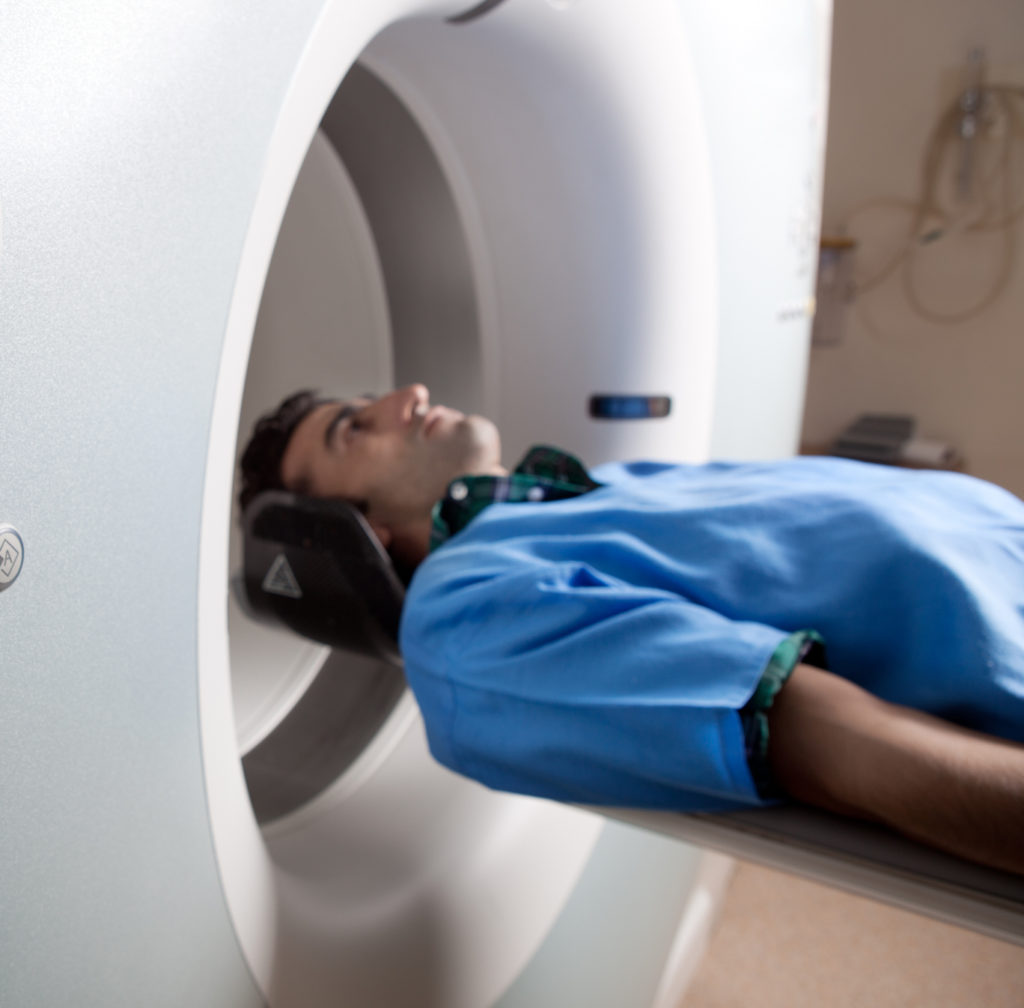Diagnostic Testing for Neuroendocrine Tumors
Home » For Patients old » NET Tests & Treatments » Testing
Diagnostic tests for neuroendocrine cancer can look to see if you have a neuroendocrine tumor or uncover information about the type of tumor. There are many different types of diagnostic tests for neuroendocrine cancer.
- Laboratory tests examine blood, urine, or tumor tissue.
- Imaging tests and take pictures of your body’s anatomy (such as x-ray, CT or ultrasound) or help doctors to see how your body is functioning (PET, SPECT, or MRI).
- Genetic tests look for changes in DNA that may be inherited (passed down in families) or sporadically acquired.
Diagnostic tests for neuroendocrine cancer help doctors identify the approach most likely to best treat your neuroendocrine tumor.
Understanding NET Testing
How can a tumor not show up on an imaging test? Why did your doctor order a CT instead of an MRI? What in the world is a Ga-68 dotatate PET/CT? This episode of NETWise podcast makes sense of it all.
What to ask before having diagnostic tests
For many patients with neuroendocrine cancer, diagnostic testing causes worry. Waiting for diagnostic test results can cause anxiety. One way to tackle the uncertainty that comes with NET diagnostic testing is to learn as much as you can. Here are some questions to ask your doctor to learn as much as you can before deciding to undergo any diagnostic testing.
- How will I benefit from getting this test?
- What will the test results tell me? What will they not tell me?
- How long will it take to get results?
- How will I find out about the results?
- What is involved in having the test?
- What are the risks of this test?
- What if the test doesn’t prove anything (is inconclusive)?
- Depending on the results of this test, will there be other tests?
- Are there (safer, easier, faster) alternatives to this test?
- What happens if I don’t get the test?
- How will the test results help to figure out the next step?
Learn more about how to talk to your doctor and make the most of doctor visits.
Neuroendocrine tumors
are often misdiagnosed or diagnosed late
1 in 2
U.S patients reported being diagnosed with other conditions when they had neuroendocrine cancer 14
1 in 3
U.S. patients had NET symptoms for five years or more before being diagnosed.13
1 in 5
U.S. patients thought their symptoms could be cancer.13
The latest in NET News

NETRF Awards Six Grants
NETRF awarded six new research grants totaling $1.85 million to leading academic institutions around the world. The goal of the funding is to improve current treatments for neuroendocrine tumors (NETs), an uncommon and poorly understood cancer, which occurs in the body’s hormone-producing cells.

Finding May Help Predict Pancreatic NET Recurrence
NETRF-funded researchers identified a cancer cell type that is associated with non-functional pancreatic neuroendocrine tumor (pNET) recurrence. Alpha-like pNET cell expression of the protein ARX can guide prognosis.

FAQs Neuroendocrine Tumor Tissue Donation
The need for tumor tissue in NETs The Neuroendocrine Tumor Research Foundation is on a

Exploring Targeted Alpha Therapy for Neuroendocrine Tumors
Increasing Precision in Cancer Cell Death to Prevent Metastasis In housework and lawn work, it

Daniel Halperin, MD, MD Anderson Cancer Center
Understanding tumor site, grade, and stage. Watch Video
Evelyne Loyer, MD, MD Anderson Cancer Center
Diagnostic imaging options and challenges in NETs. Watch VideoPatients and caregivers discuss lessons learned on their journey.
Patients and physicians discuss the importance of finding a specialist.
Search for NET specialists
Find NET doctors, treatment programs, and support groups near you









